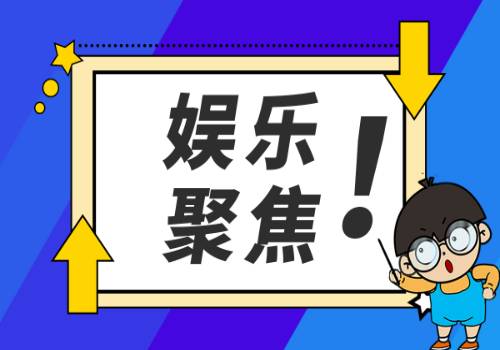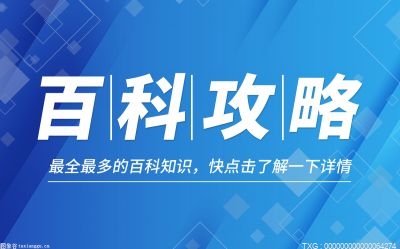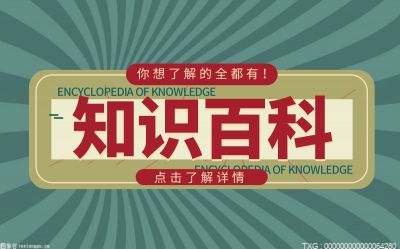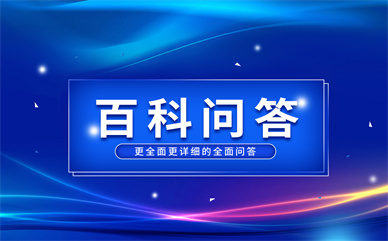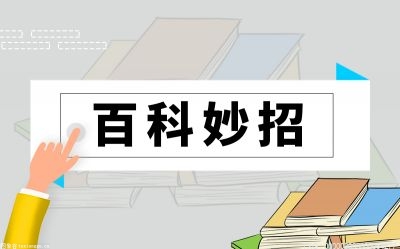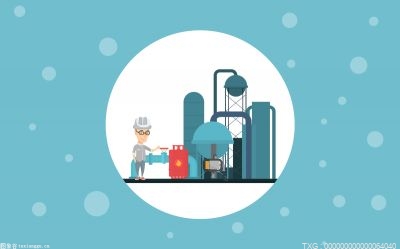BEIJING, January 4 (TMTPOST) -- Stanley Whittingham, the founding father of lithium-ion batteries, has predicted that lithium sulfur batteries will be a replacement to intercalation lithium batteries in a decade given their high energy density.
“Lithium battery systems are going to dominate for the next five to ten years. These will be both the oxides and the phosphates,” said Whittingham, the laureate of the 2019 Nobel Prize in Chemistry, in a keynote speech delivered to the online audience of the 2022 T-Edge Conference.
Image source: Stanley Whittingham
 【资料图】
【资料图】
Whittingham sees various types of phosphates will be one of the next generation of batteries. He based his prediction on two aspects: the enhanced safety and low costs, given that the phosphates have no cobalt in them and no nickel in them.
“And I"m sure China will build on their expertise on the lithium and phosphate,” he told many online Chinese viewers.
He also pointed out that lithium sulfur batteries is the ultimate goal. “They have by far the highest energy density,” said Whittingham, a professor of chemistry in New York State University at Binghamton, adding that electrically-driven lithium sulfur is almost a must for aircraft.
“Sodium might play a role, and CATL is going to commercialize sodium batteries based on Prussian White in the very near future,” said Whittingham.
“And I think there"s still a chance that flow batteries might make a breakthrough. But they all have a cost issue due to corrosion and moving parts, which most electrical grid folks do not want,” he said.
Whittingham developed an innovative cathode in a lithium battery in the 1970s. This was made from titanium disulphide which, at a molecular level, has spaces that can house lithium ions. Whittingham"s contributions were “crucial for the development of lithium-ion batteries”, which are used in many devices, including mobile phones and electric cars, according to the Nobel Committee.
During the speech, Whittingham also recapsulated the contributions made by John Goodenough and Akira Yoshino, the two other scientists who shared the Nobel Prize in Chemsitry with him. Great Potentials for the Battery Industry. "They have laid the foundation for the wirless, fossil fuel-free society, and are of the greatest benefit to humankind," remarked the Nobel Committee.
Great Potentials for the Battery Industry
Energy density and safety are two major challenges faced by the battery industry, Whittingham told the audience in the online speech titled “The Past, Present and Future of Batteries.”
Given that commercial batteries are only “a tiny fraction of the theoretical energy density”, there"s still a huge opportunity for improvement, said Whittingham.
“If you look at the volumetric energy density, it varies from 11% to 25%. If you look at the gravo-metrics, it"s about 25 percent also,” he said by citing numbers.
Image source: Stanley Whittingham
He also believes that carbon must be replaced by materials with a smaller volume in order to improve energy density.
Regional Supply Chains Will be the Norm
As the demand for batteries is going to continue to rise exponentially, Whittingham believed that regional supply chains would become the norm.
“This is more sustainable. Some materials won"t be shipped such long distances. With the concurrent energy and CO2, we do need clean manufacturing technologies,” he said.
“We need cleaner mining with cleaner energy and a new approach. There might be electroreduction. Rather than to replace the carbothermal processes that develop lots of carbon dioxide, we need clean recycling technologies,” said Whittingham.








